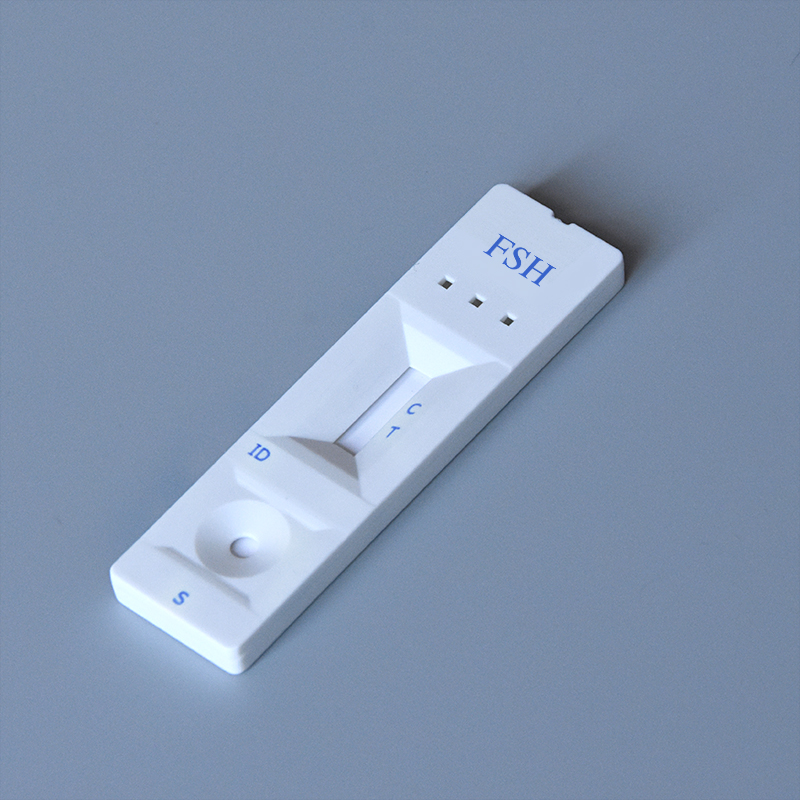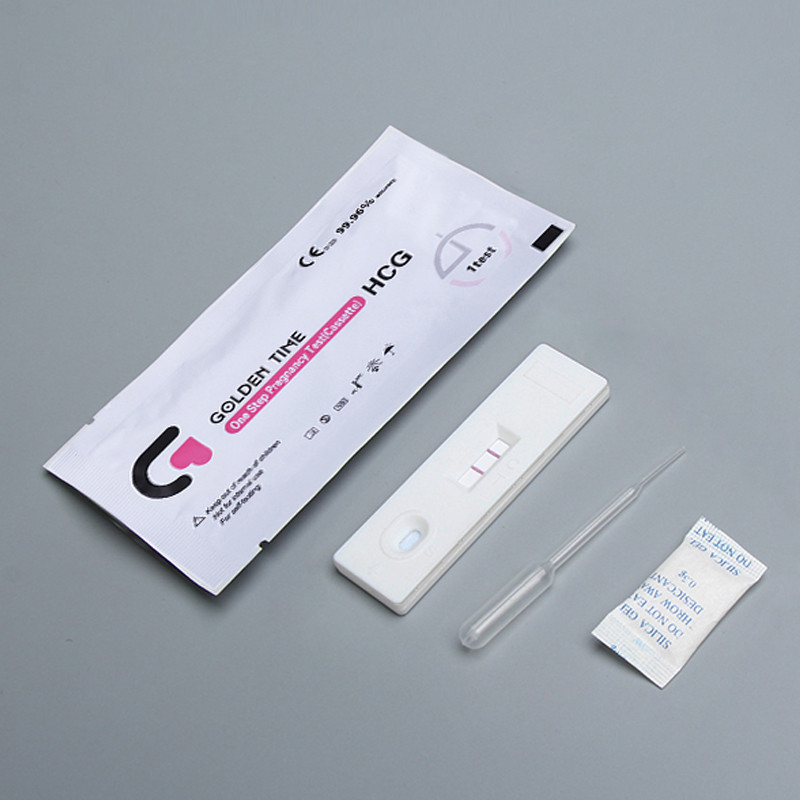Jan . 26, 2025 03:21 Back to list
HBsAg Hepatitis B Surface Antigen Blood Rapid Test Kit
The hepatitis B surface antigen (HBsAg) blood test serves as a critical tool in diagnosing and managing hepatitis B infections. Understanding the multifaceted nature of this test and its implications offers both patients and healthcare providers profound insights into liver health and overall well-being.
Trustworthiness is enhanced by the reliability and accuracy of the HBsAg blood test, which is a standard diagnostic tool worldwide. The test involves a simple blood draw, leading to minimal discomfort for patients. Furthermore, laboratory analyses of these samples use advanced technology that ensures both specificity and sensitivity, thereby providing a dependable means of diagnosing HBV infections. For those engaging in frequent monitoring, such as chronic hepatitis B patients, regular HBsAg tests assist in evaluating the effectiveness of treatment regimens over time. Changes in HBsAg levels can guide healthcare providers in making informed decisions about continuing, modifying, or ceasing therapy. This level of detailed monitoring is central to managing liver health and preventing further complications like cirrhosis or liver cancer. Moreover, advancements in HBsAg testing continue to improve patient outcomes. Innovations such as quantitative assays that measure HBsAg levels more precisely are aiding in better risk stratification and personalized treatment approaches. These developments underscore the need for continuous education among patients and providers about the nuances of hepatitis B surface antigen testing and its evolving landscape. In conclusion, the HBsAg blood test remains a cornerstone in the detection and management of hepatitis B virus infections. By offering insight into the presence and persistence of HBV, this test informs clinical decisions and enhances patient care. Understanding its role and application not only reinforces its importance but also exemplifies how expertly conducted diagnostic testing supports greater public health objectives.


Trustworthiness is enhanced by the reliability and accuracy of the HBsAg blood test, which is a standard diagnostic tool worldwide. The test involves a simple blood draw, leading to minimal discomfort for patients. Furthermore, laboratory analyses of these samples use advanced technology that ensures both specificity and sensitivity, thereby providing a dependable means of diagnosing HBV infections. For those engaging in frequent monitoring, such as chronic hepatitis B patients, regular HBsAg tests assist in evaluating the effectiveness of treatment regimens over time. Changes in HBsAg levels can guide healthcare providers in making informed decisions about continuing, modifying, or ceasing therapy. This level of detailed monitoring is central to managing liver health and preventing further complications like cirrhosis or liver cancer. Moreover, advancements in HBsAg testing continue to improve patient outcomes. Innovations such as quantitative assays that measure HBsAg levels more precisely are aiding in better risk stratification and personalized treatment approaches. These developments underscore the need for continuous education among patients and providers about the nuances of hepatitis B surface antigen testing and its evolving landscape. In conclusion, the HBsAg blood test remains a cornerstone in the detection and management of hepatitis B virus infections. By offering insight into the presence and persistence of HBV, this test informs clinical decisions and enhances patient care. Understanding its role and application not only reinforces its importance but also exemplifies how expertly conducted diagnostic testing supports greater public health objectives.
Latest news
-
Highly Accurate hCG Pregnancy Test Strips - 5 Min Results
NewsAug.02,2025
-
Premium Empty ABS Plastic Cassettes: Durable & Lightweight Storage
NewsAug.01,2025
-
Accurate Cocaine (Coc) Rapid Test Kit | Fast & Reliable Detection
NewsJul.31,2025
-
Accurate HCG Pregnancy Test Strips | Fast Home Use Kit
NewsJul.31,2025
-
Reliable Early Pregnancy Test Kit Supplier - Multi Plastic Cassette Options
NewsJul.30,2025
-
Transferrin Rapid Test Cassette – Reliable Tumor Marker Detection
NewsJul.29,2025

